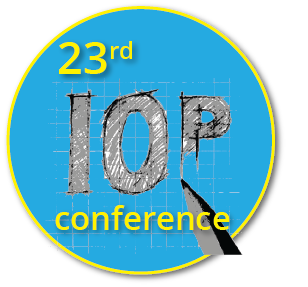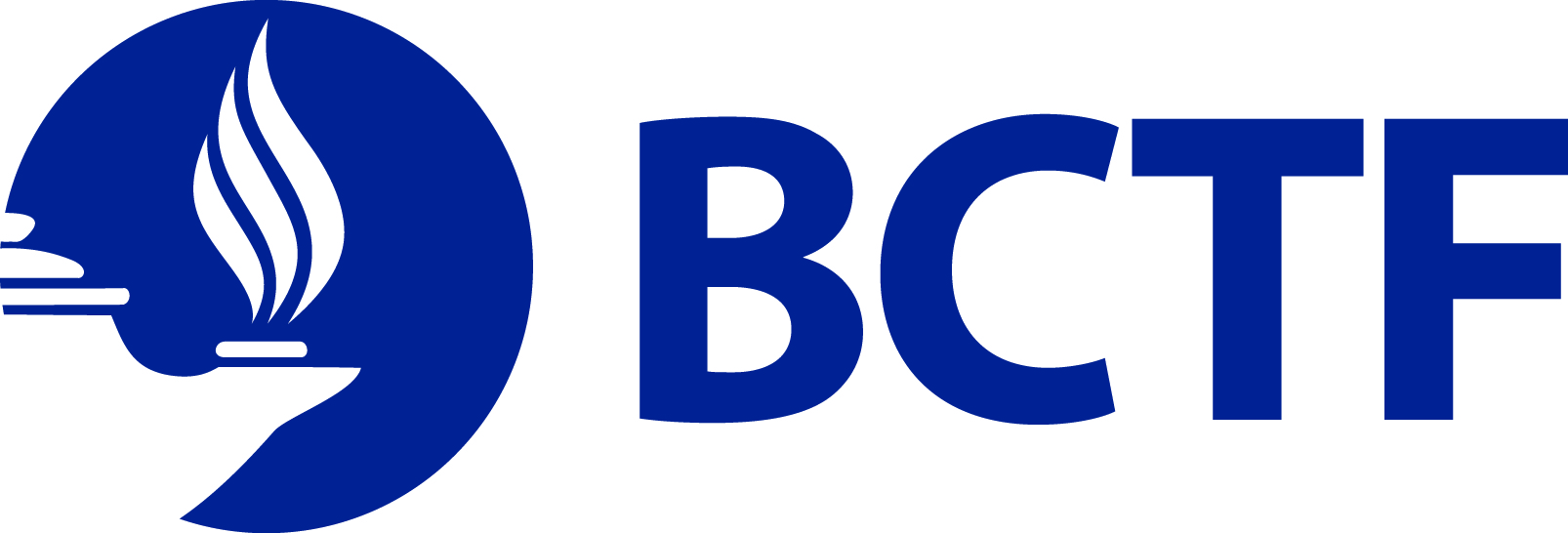Adaptive Education and the pragmatist-inspired classroom: Habits, creative action and education for sustainability
Poster by: Rob VanWynsberghe
Sessions B/D | 9:45 – 10:00/10:45 – 11:00 | Room Main Corridor, 2nd Floor
Abstract:
Having just published an adult education book on the topics of a pragmatist-inspired socio-philosophy of human action and an alternative institutional structure for education, this proposal seeks to present some results on its application. The context for application is a brand new Master of Education (MEd) program in Education for Sustainability in the Department of Educational Studies at the University of British Columbia.
The MEd is a real-world innovative educative experience hub that brings together diverse sustainability professionals from around the world with the mission of accelerating the sustainability movement. Program participants spend two years studying and working with City of Vancouver (Canada). They graduate as urban sustainability leaders who influence change. While in the program they are also co-researchers who test the Adaptive Education model described above.
In this presentation, the pragmatist-inspired Adaptive Education model will be explored and, in particular, the role of habits and creativity in making social change. The presentation will assert that human experience is a continuous process of adapting one¹s physical and cognitive etc. actions to new challenges. In other words, habits and creativity reflect the essence of human development and when habits are challenged or frustrated we are forced to embark on a process of inquiry to find a better way of addressing the problem. In short, creativity or creative action is a concept that explains our ability to adapt through inquiry.
Following this introduction to the theory, students’ perceptions of the concepts of habits and creativity will be related. Evidence will be provided on how well the MEd program was able to scale-up the focus on habits and creativity to groups, organizations, and institutions. Further, and inspired by Parker Follett and Dewey, evidence on how well collective inquiry was carried out through course-based dialogue will also be detailed.

